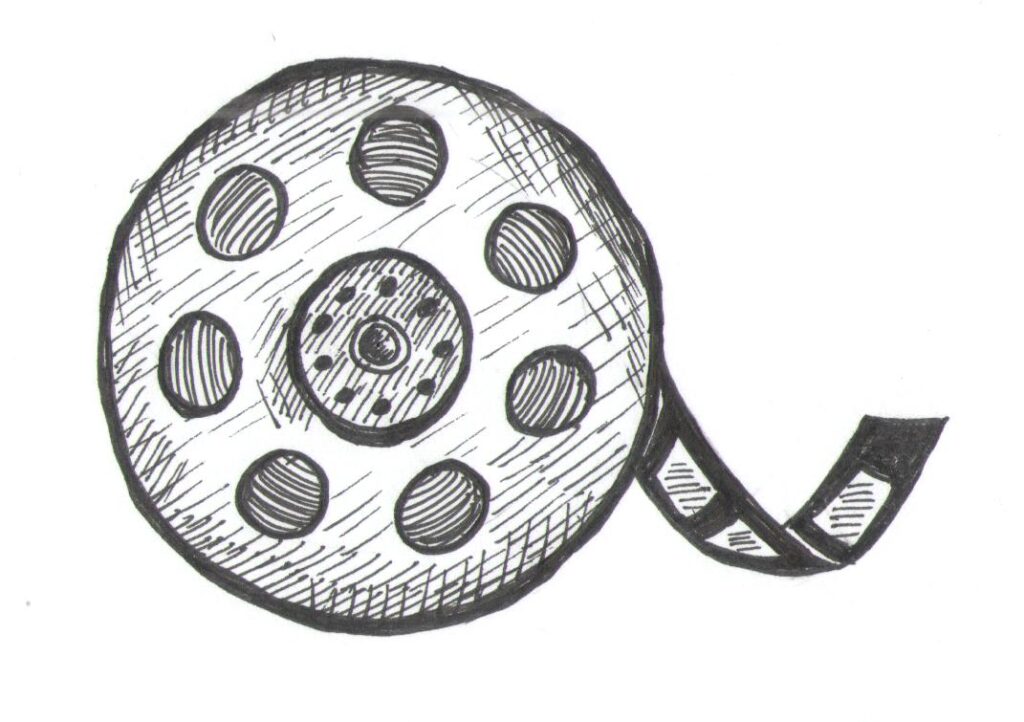
(NOTE: This post contains spoilers)
When I first watched Equilibrium, featuring Christian Bale, I thought it was a good movie but I didn’t necessarily realise how significant the main theme is.
This was probably ten years ago at this point, and back then I was re-watching many sci-fi favourites like Gattaca and Minority Report to name just a few. A friend recommended that I watch Equilibrium because it fell nicely into my genre of interest. I loved the movie, and as a side note, the scene where Cleric John Preston first hears Beethoven’s 9th Symphony got me into Beethoven and classical music.
So, I really liked the movie but my first reaction was: We’ll never live in a totalitarian state that suppresses emotion.
The wisdom of Equilibrium and dystopian fiction
The truth is no one knows exactly how the future will play out but whether the prediction is accurate or not doesn’t matter. The power in dystopian fiction isn’t in the predictive accuracy but that it can exaggerate certain dysfunctional aspects of society and shine light on unfavourable trajectories. Certain things tend to go unnoticed unless it’s exaggerated. It is in the amplification and exaggeration that the wisdom of these stories reside.
Equilibrium is no different. It takes the idea of emotional suppression to the extreme and accordingly shows us why emotional suppression is bad and why emotions are needed.
In the totalitarian city-state, called Libria, feeling is outlawed. People are forced to take daily injections to suppress emotions. They live a stark existence as everything that can instigate any possible emotion (good or bad) is removed and destroyed. Art, books, poetry, paintings are not only removed from their surroundings but also burned. The society also punishes anyone that goes against this regulation. The consequence of this suppression is that there’s no warmth, connection, or loyalty between people. The justification behind this emotional suppression is the prevention of future wars, since it is believed that wars are caused by extreme emotions.
Are wars caused by emotion?
Can one make the argument that wars are caused by extreme anger or rage? Possibly. But I would argue that the problem is acting from a charged emotional state. The emotion itself, when contained and processed, remains fairly unharmful. After all, good things can sprout from “bad” emotions. Anger that says “no” is not the same as anger that tries to destroy. Also, great art sometimes sprouts from sadness and longing. I would argue that the problem is really the suppression of emotion, not the emotion itself.
Consequences of emotional suppression
In my own experience emotional suppression is problematic because buried emotion just tends to weigh us down or control us subconsciously. But the thing that Equilibrium portrays so well is another (often overlooked) consequence of emotional suppression: People who were more cut off from their emotions were more unconscious, more unfeeling, and more unaware of the consequences of their actions.
There is a scene where Preston’s wife is taken to be executed. Preston, under the influence of the mood suppressing drug Prozium II, is unable to respond in a meaningful way. He just accepts the fact that his wife is taken by the authorities to be executed. There is something inside of him that wants to protest, wants to save her, but he’s unable to act on it. Later, he faces a similar but less severe predicament when his fellow officers want to execute a puppy. At least in this case, he prevents the slaughter because he’d skipped his injections and was unable to follow through. Skipping his injections connected him with his emotions.
Final thoughts
Things in our current society might not be as severe as the situation in Libria, but we are a society at war with our emotions in many ways. And if we’re not at war with our emotions, we’re unaware of it. This is really why this story is so significant. It shows us the extremes of emotional suppression and a society at war with emotions. This is not a post about emotional work, but I always like science fiction that has a deeper significance. A story that contains wisdom years after I’ve watched it.
Equilibrium asks the question: Do we want to be cut off from our emotions? After all, great art often stems from emotional depths, whether sadness, love, joy, grief or even anger.